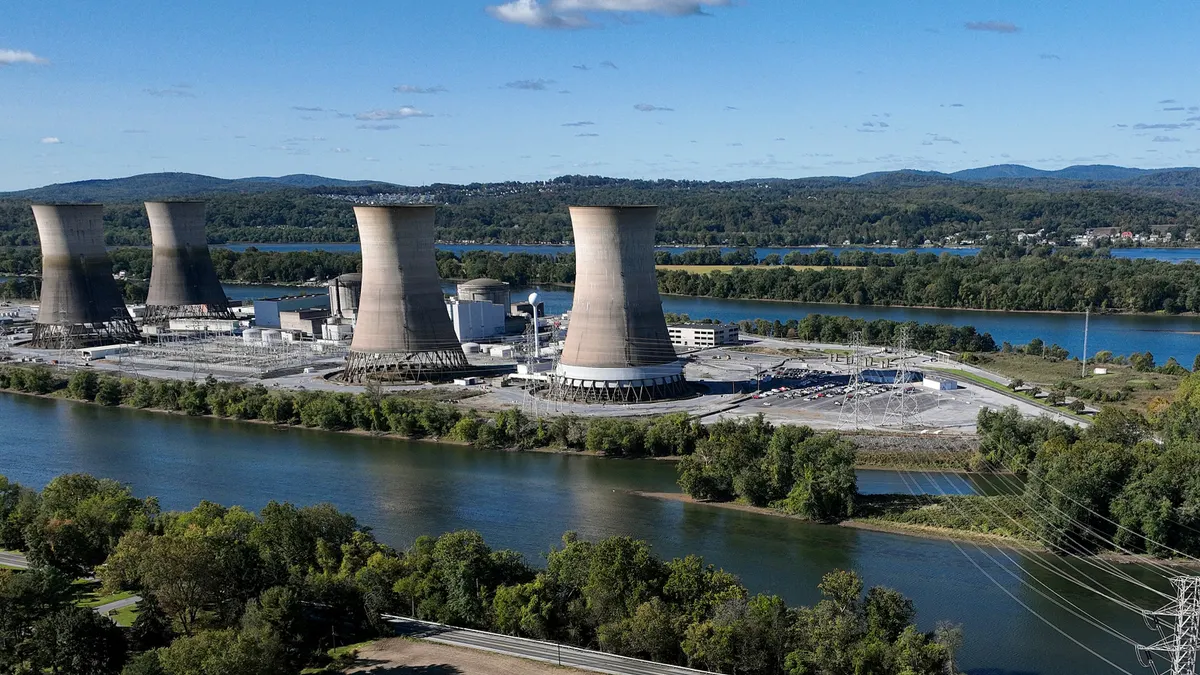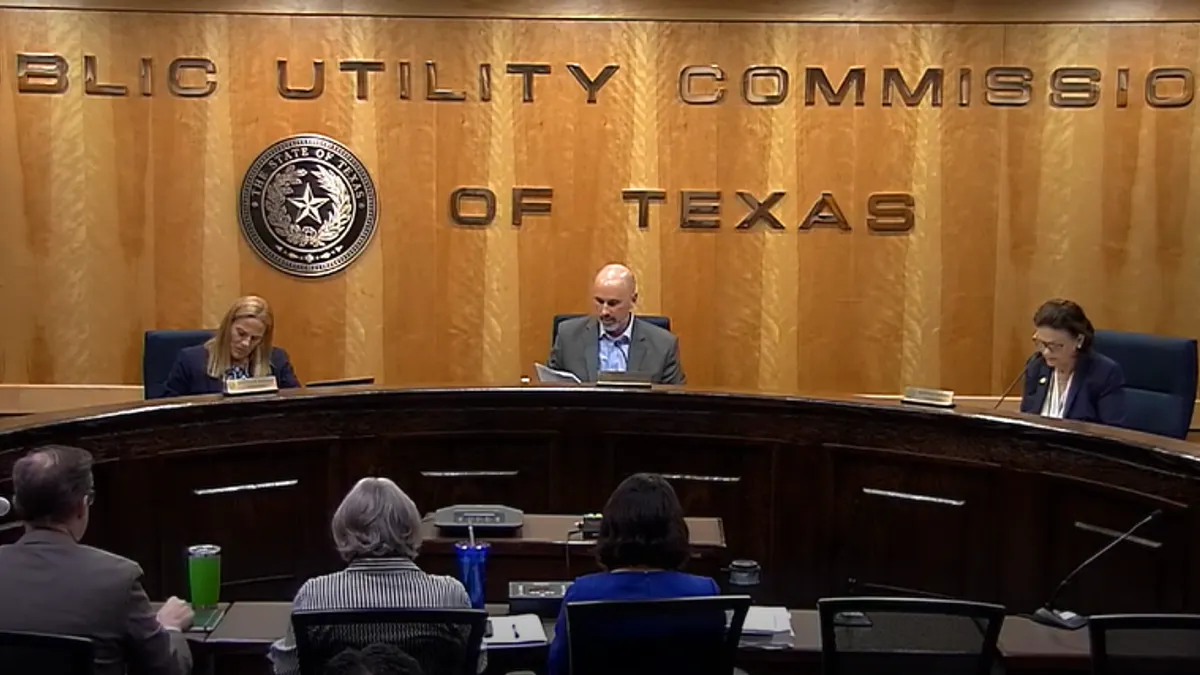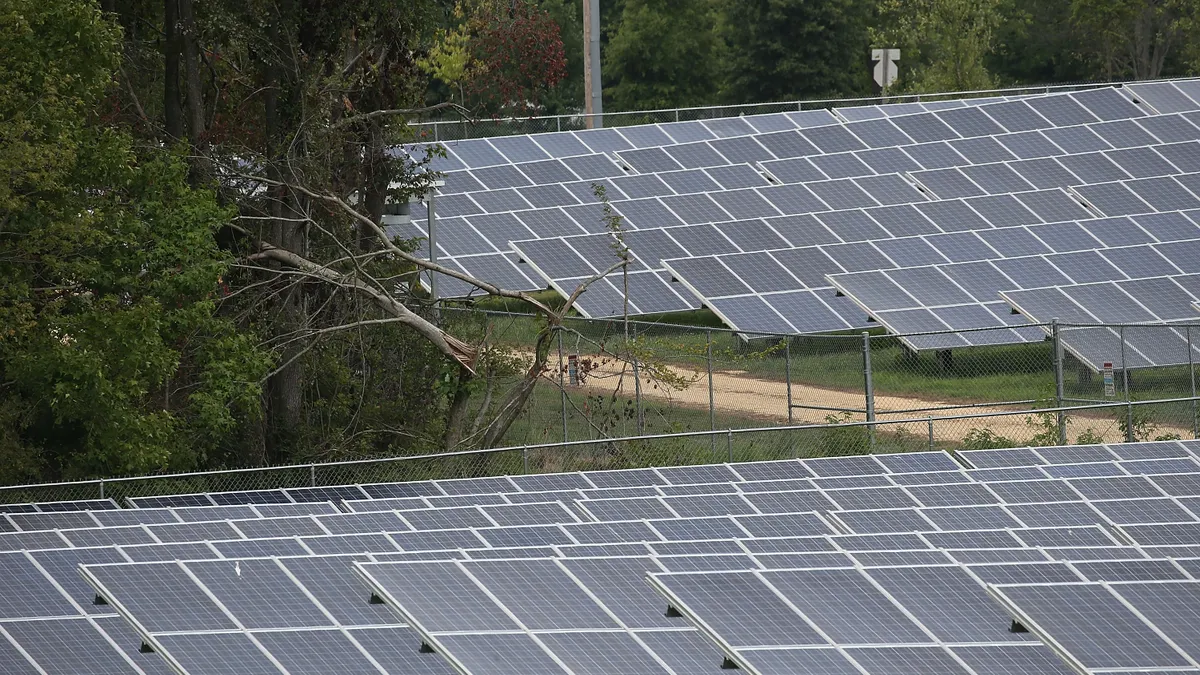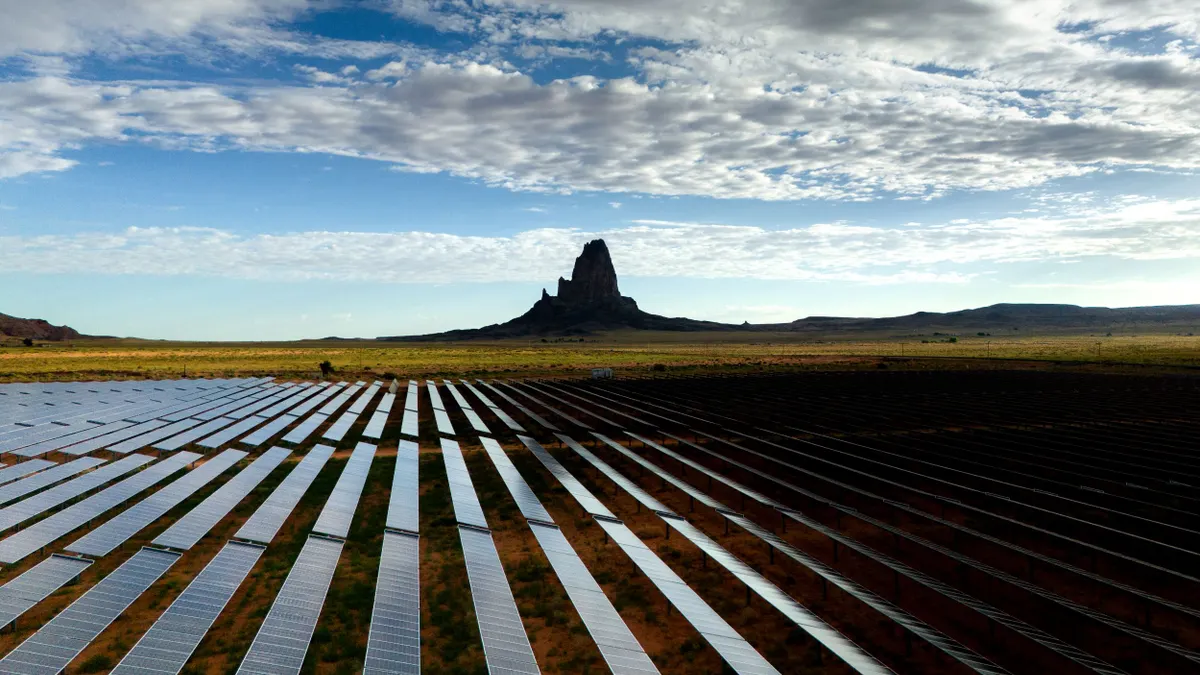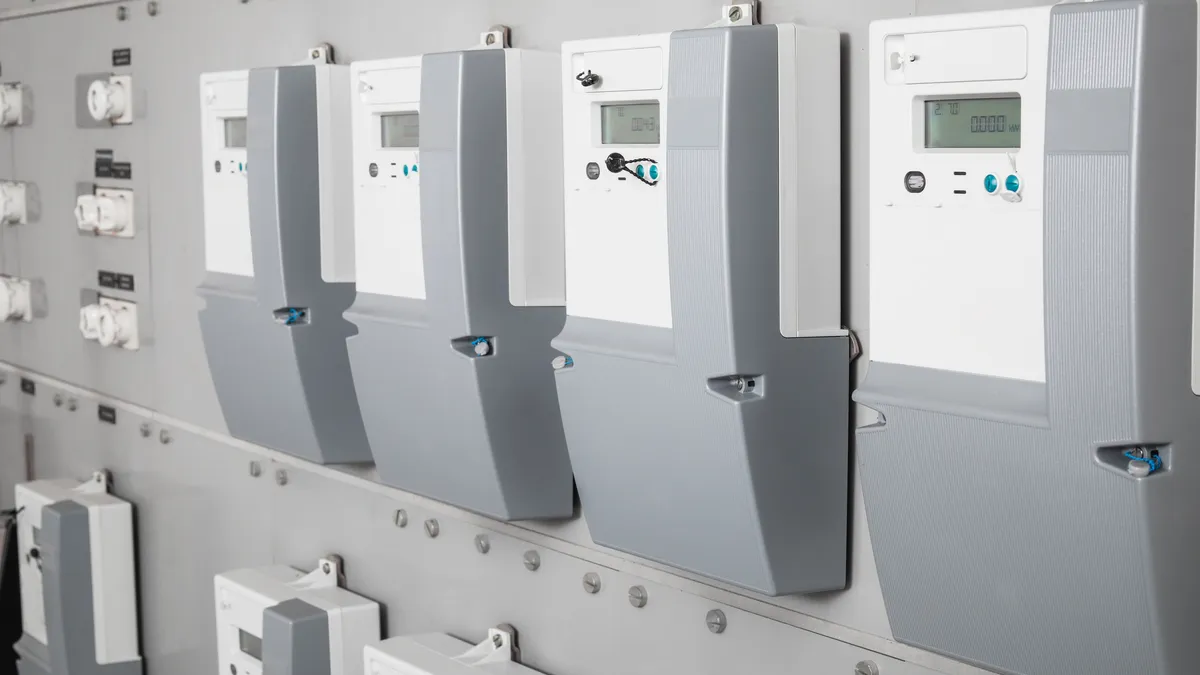
It’s hard to know what the members of the Southern States Energy Board were expecting from Leo Denault, the relatively new Chairman and CEO of Entergy, who ventured to Biloxi, Mississippi, last week to give the keynote address at the group’s annual meeting.
Yes, there was talk of the challenges and opportunities facing the region from an energy revolution driven by the abundance of natural gas. Denault made clear that Entergy, as it always has, sees its “core responsibility” as providing reliable power at a reasonable cost.
He spoke a lot about that, but not before reminding the audience of government officials and energy industry leaders that they, like Entergy, have other responsibilities. “Helping address social issues that manifest themselves in communities, cities and regions, is simply something we must do,” he said.
UTILITY'S FUTURE TIED TO REGION'S ECONOMIC GROWTH, SOCIAL PROGRESS
In Denault’s worldview, the future financial success of utilities lies in attracting more load to their service territories through large economic development projects such as steel mills, automakers and energy projects. That new load can help keep electricity rates low, spreading the cost of needed infrastructure over a larger base.
To do that though, pervasive poverty, inadequate education spending and workforce training have to be tackled to ensure that the South can be a more attractive investment climate.
Denault told his audience they were part of a team and have a role to play. “These are all investments that need to be made NOW. If we come out of this economic cycle and the poverty rate hasn’t changed, if all children don’t have access to quality pre-K programs, if we haven’t continued improving our graduation rates, if we haven’t prepared our workers for 21st Century jobs we will have wasted this great opportunity,” Denault exhorted the group.
Over its 53-year existence, the Southern States Energy Board has evolved into a respected forum that brings together the governor and two state legislators each from Alabama, Arkansas, Florida, Georgia, Kentucky, Louisiana, Maryland, Mississippi, Missouri, North Carolina, Oklahoma, South Carolina, Tennessee, Texas, Virginia and West Virginia, as well as Puerto Rico and the US Virgin Islands. Roughly three dozen private sector associate members, including most of the major energy lobbies and likes of Exxon, Southern Company and Arch Coal, also send executives to the three-day meeting.
The board could reasonably be described as leaning to the conservative side, with its elected officials coming from states that are mostly Republican Party strongholds. So it was no surprise that the board passed resolutions urging the Environmental Protection Agency to reconsider its proposed rules on fossil-fueled power plants and the Department of Energy to speed the licensing of export facilities for liquefied natural gas.
Surely, Denault could say amen to those resolutions. After all, Entergy’s generation fleet is 64% fossil-fueled coal and LNG plants are just the kind of economic development projects the company needs in the Gulf Coast region to sell more power.
UTILITIES FACING "VICIOUS DOWNWARD CYCLE"
Denault, 53, took the reins at Entergy on Feb. 1, succeeding Wayne Leonard who had served as CEO for 14 years. Denault had been Entergy’s CFO for nine years and is credited for maintaining Entergy’s liquidity in the aftermath of hurricanes Katrina and Rita in 2005 and the 2008 financial crisis.
His current challenges involve keeping operating costs low in its four-state territory of Louisiana, Arkansas, Mississippi and Texas; as well as executing Entergy’s move into the Midcontinent Independent System Operator and the merger of its transmission business with ITC Holdings.
Meeting the responsibility to provide power at a reasonable cost is “going to grow increasingly difficult for the utility industry as a whole in the years ahead,” Denault said.
“Utilities are at the start of an investment cycle that will require $1.5 to $2.0 trillion through 2030, much of it driven by the need to upgrade aging infrastructure, meet new and evolving environmental regulations and other compliance requirements.
“At the same time the industry is grappling with the rise of transformative technologies—solar, wind, demand-side management, energy efficiency, energy storage and microgrids,” he said.
The energy efficiency programs especially “are really the first stage of a major shift in our relationship with customers and their changing expectations,” he said. Technology advances have customers wanting more control over their power, including the option to have distributed generation behind the meter, Denault said.
But those technologies can erode demand, he warned. “If we don’t find the right combination of strategies and innovative regulatory policies, utilities will be facing a vicious downward cycle with serious economic repercussions.”
Enjoyed what you read? You may also want to read Utility Dive's look at FERC chairman Wellinghoff's explanation of why utilities must adapt or die.



